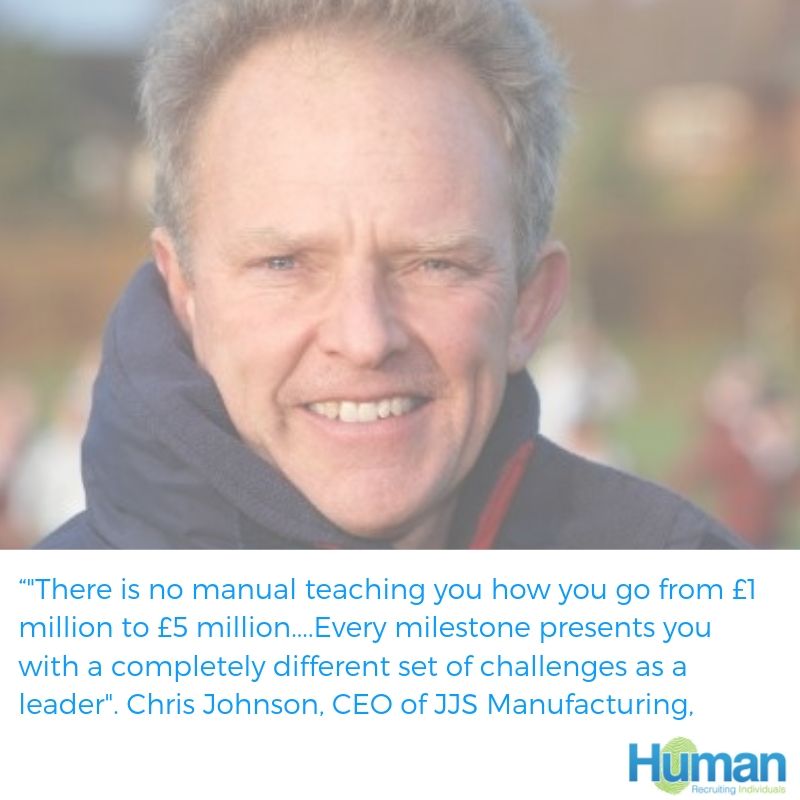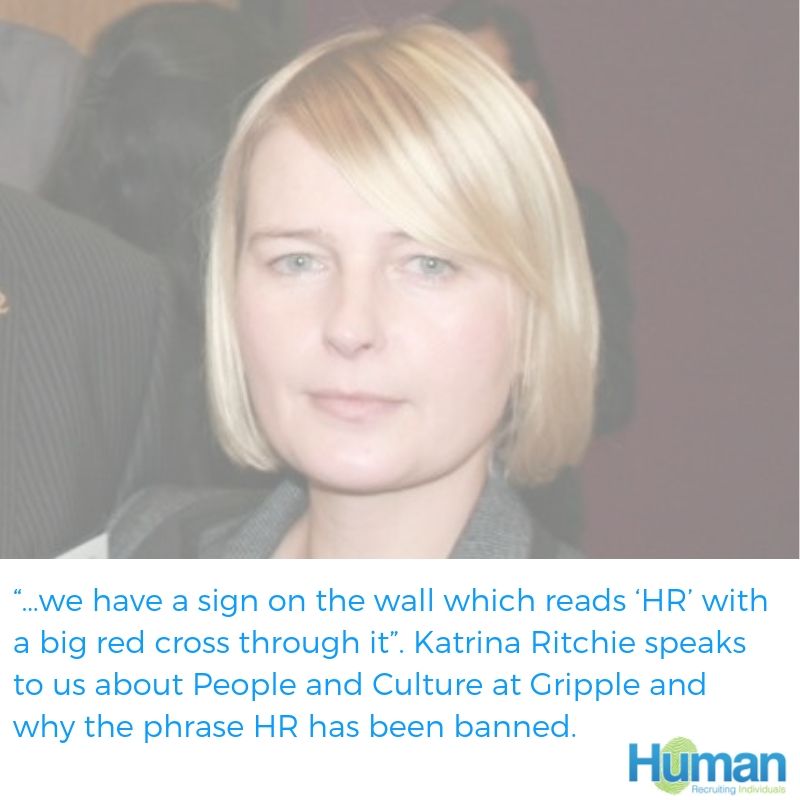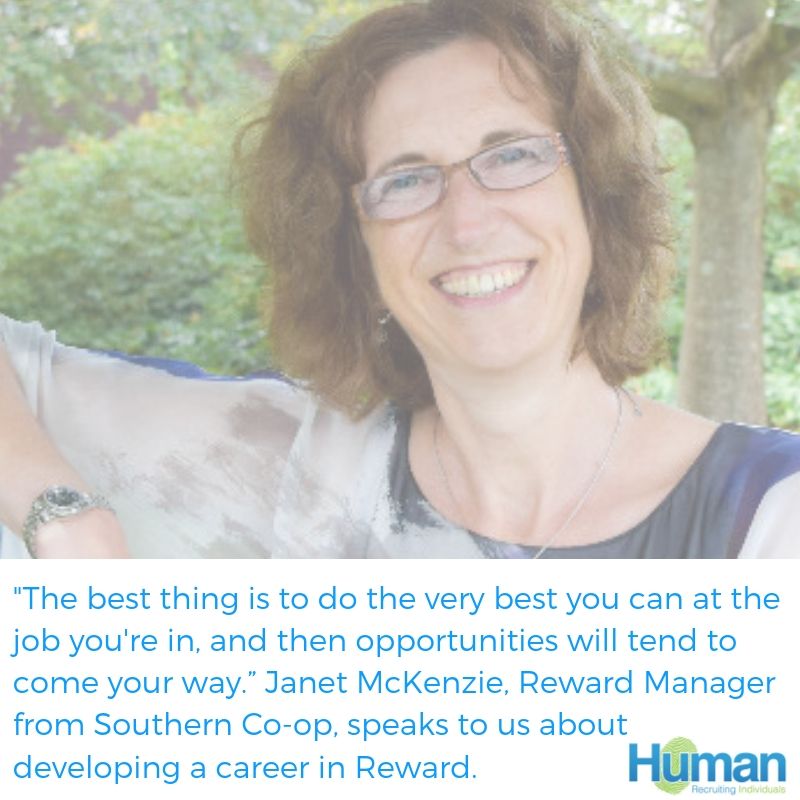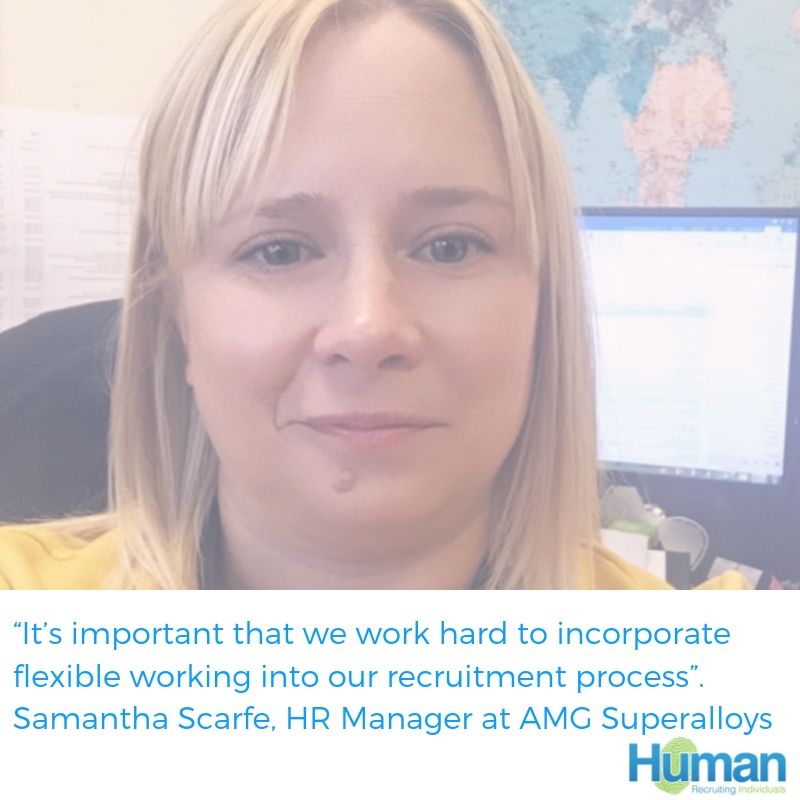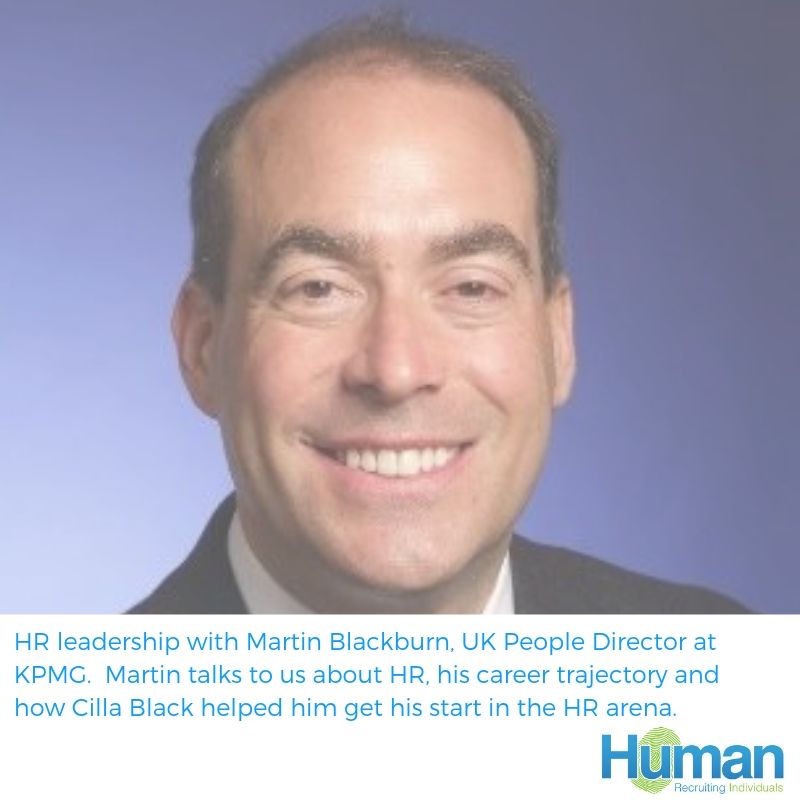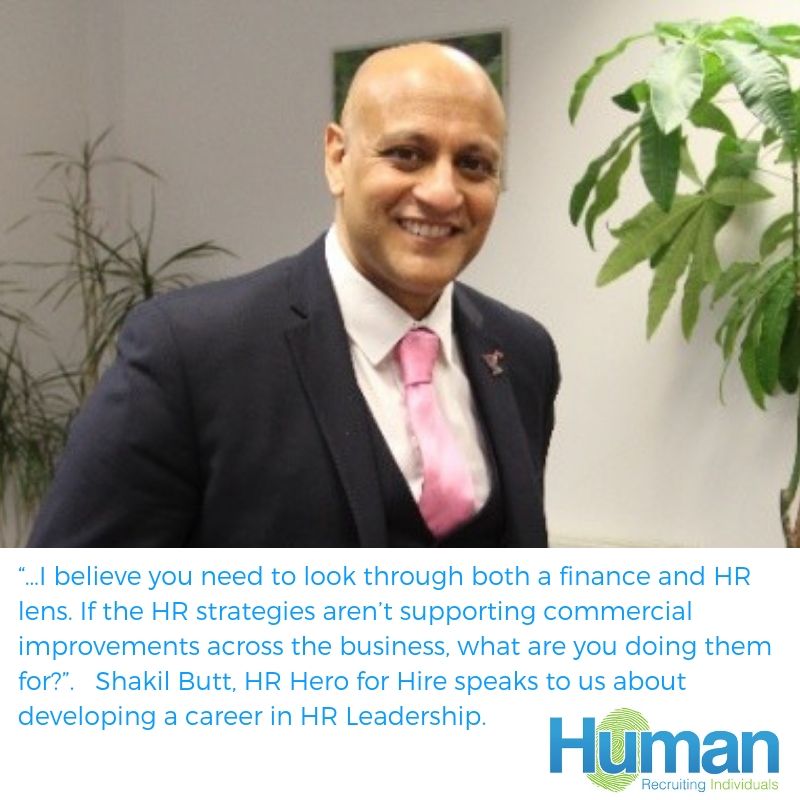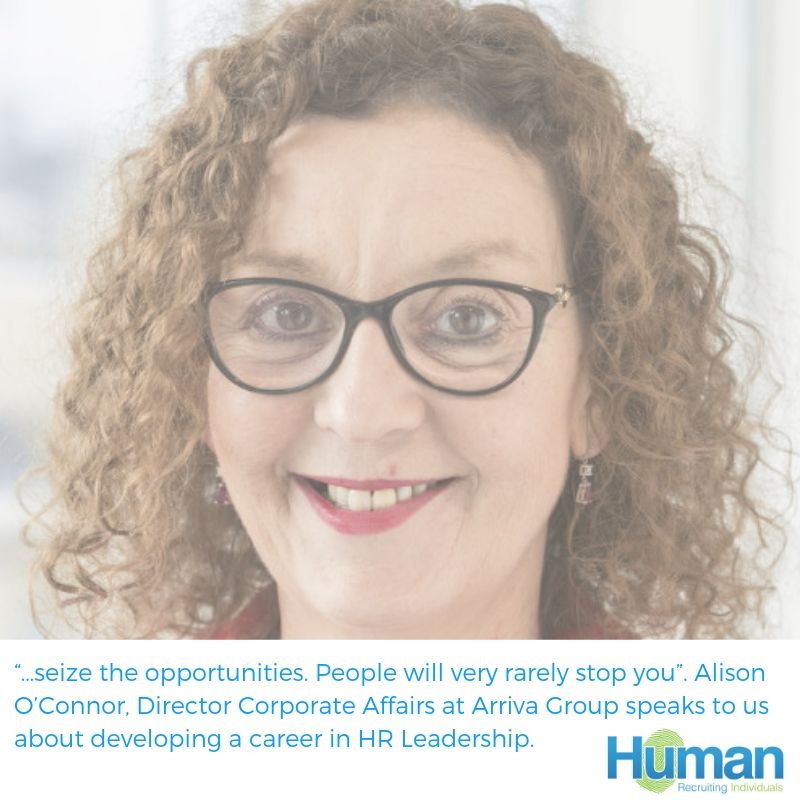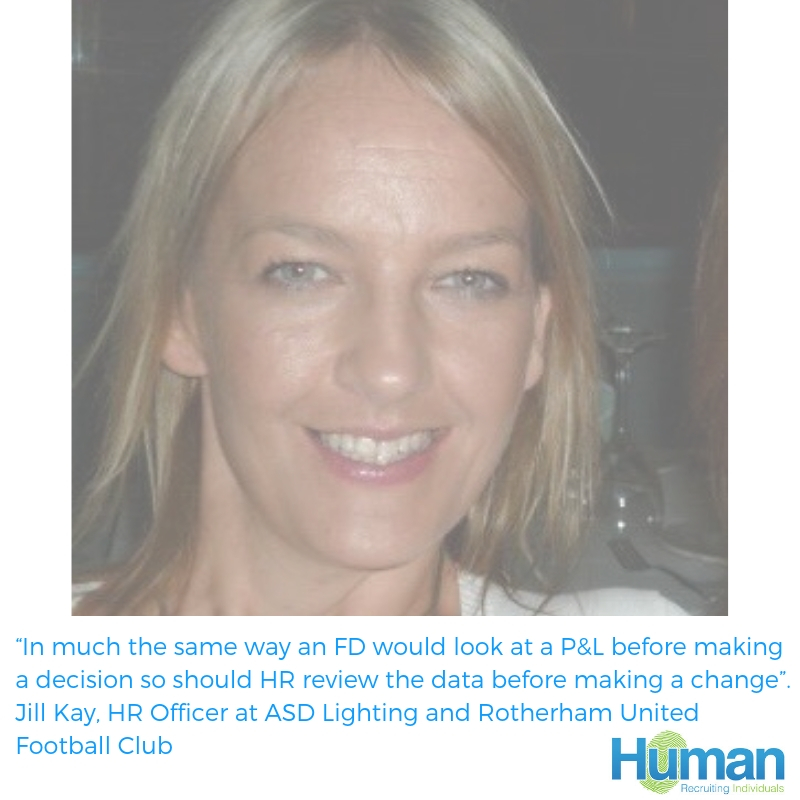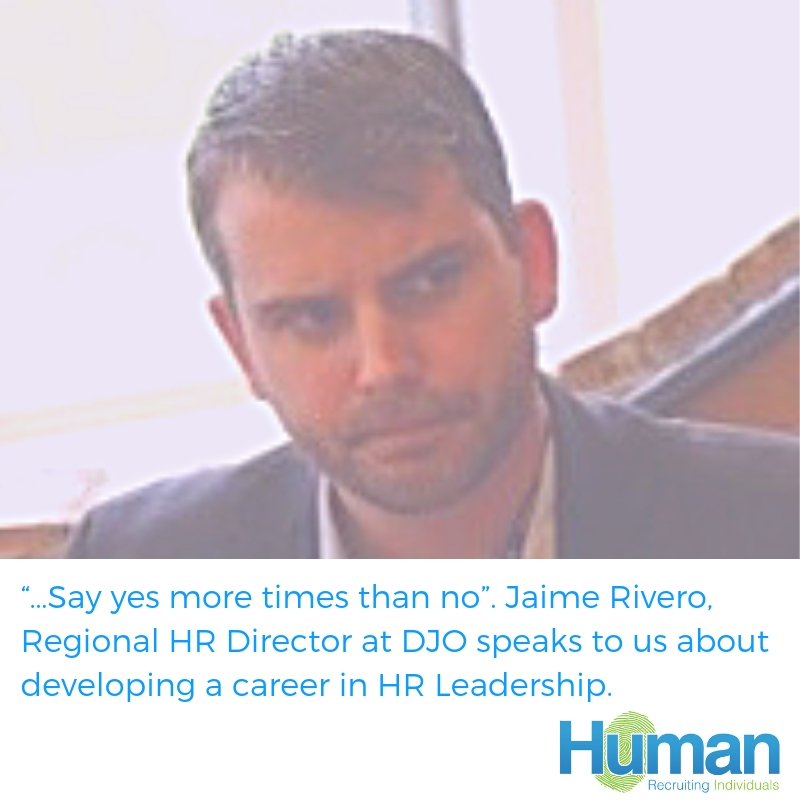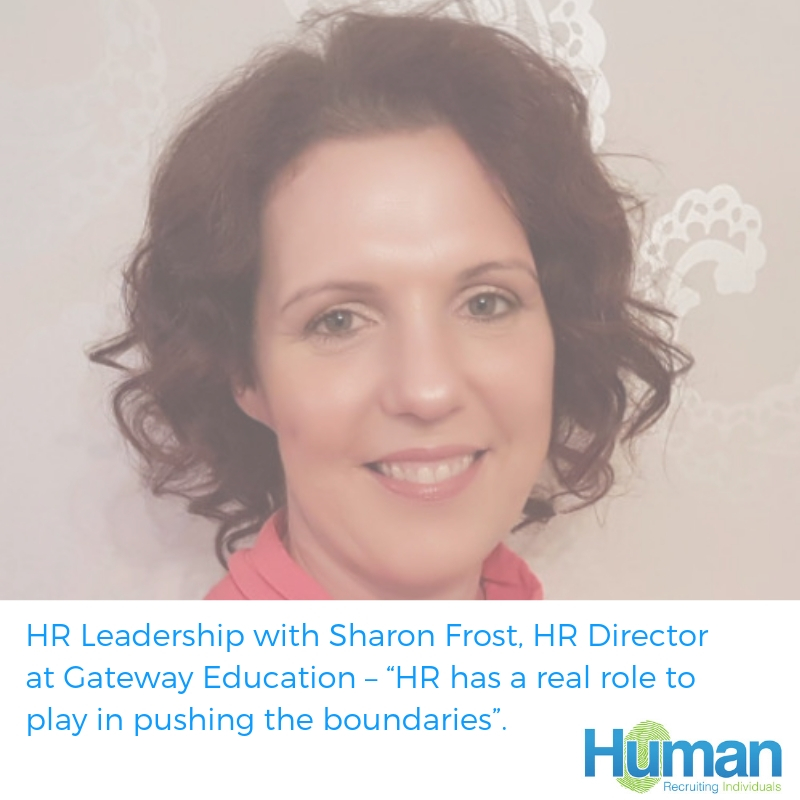“There is no manual teaching you how you go from £1 million to £5 million, £10 million to £20 million and so forth! Every revenue or staff milestone presents you with a completely different set of challenges as a leader”. Chris Johnson, CEO of JJS Manufacturing, speaks to us about developing a career in Leadership.
As part of our commitment to supporting candidates to develop fulfilling careers, we’ve invited some Leaders to share the secrets of their success. This week, we had a great conversation with Chris, majority shareholder and founder of Paragon Electronics Ltd, whose main brand is now JJS Manufacturing. Chris began his career as a junior at Texas Instruments before moving into sales and leaderships roles at component distributor Polar Electronics Ltd. Can you tell us how you got into Leadership and why? In 1978, I started in the electronics industry with Texas Instruments, before moving on after 12 months to join a small start-up called Polar Electronics, where I stayed for 12 years. My first role was in field sales and from there I set about climbing the ‘greasy pole’! My father had run his own business, and from an early age, I had always assumed I would do something similar; in order to achieve that goal I needed to develop as a leader. As I have said above, Polar was a very small business when I commenced my employment with them, and a much larger business when I finished; we had also been through a public flotation. At the beginning, I was one of only three full time staff. The company grew massively during my time with them, and my role got bigger and bigger. Over the years I’d gone from Field Sales, to Sales Manager, Sales Director, Managing Director, and I was Group Managing Director when I left in 1991. However, titles can be fairly meaningless in my view, it’s what you do that is relevant. The simplest way of explaining it is that I was in some sort of leadership position almost from the very beginning of my career with Polar. Looking back Texas Instruments and Polar were my ‘apprenticeship’ in the electronics industry and my introduction to leadership roles. I was in my early thirties when I thought “if I’m going to do my own thing, I need to do it soon or I’ll be too old to have the energy and the drive to lead it effectively”. So I resigned, sold my shares in Polar, and spent the summer of 1991 setting up my own business, Paragon Electronics Ltd. I was literally putting my money where my mouth was! Can you tell me about the themes and challenges that you’re seeing across the sector? The journey we’re on at the moment is very much a ‘scale up’ journey. The business I originally set up in 1991 has completely transformed from ‘a few blokes in a shed’ to one of the largest Electronics Manufacturing Service (EMS) providers in the UK, employing over four hundred staff across four sites and two countries. As a business grows and more particularly when you are scaling up, and move from what had been a small entrepreneur-led business, there is a constant need to reinvent yourself as a leader. If you’re going to maintain your position at the helm, you have to be able to grow as an individual and grow your skillset. In recent years, as the business has become significantly larger and more complex, I’ve joined an organisation called Vistage. Vistage supports CEO’s of SME’s and helps them address the challenges within their business by providing mentoring and leadership support. One of the primary reasons I joined Vistage was to find new ways and ideas and to challenge our established ‘wisdoms’ within the business. To go out and learn different ways of doing things, and to look at how other businesses were addressing their challenges. There is no manual teaching you how to go from £1 million to £5 million, £10 million to £20 million and so forth! Every revenue or staff milestone presents you with a completely different set of challenges as a leader. Addressing these waypoints on your journey is a combination of experience, and taking advice from people who have been through similar experiences, and in some cases, gut instinct. It’s very easy to get it wrong at lots of different stages, and really quite difficult to consistently get it right. Look at the changes over the years since we’ve been in business: there was no email when we started out and no internet, but we did have mobile phones and computers! As innovations occur you have to assess and embrace technologies that add value to your business; social media (love it or hate it!) being a case in point. If you don’t pick up on these things, you are increasingly unable to relate to customers, suppliers and certain strata within your employee profiles. Today you could well have four different generations within the workplace, and every one of them wants something different. That’s part of the learning journey. We’ve embraced our staff challenges with a range of options, including listening days and staff satisfaction surveys, as well as regularly consulting our teams to help ensure we engage with everyone in a meaningful manner. What career advice would you offer to someone either working towards a career like yours, or someone just getting started in their Leadership career? I’ve got four sons, they are all different, but I say similar things to them: personally I don’t believe in family businesses and therefore an ‘automatic passing of the baton’ to the next generation. So I’ve said to them, and it would be my advice to anyone at their stage in life, you need to go out and ‘learn a trade’. I don’t mean purchasing or engineering as such, I mean learn a business, find a sector that excites you. If you can get into it, you can learn and understand it, which is what I did. I learned an industry and a number of roles within it. I also had an entrepreneurial side to me, and after 14 years in the electronics industry, I had a very good idea how it all worked. Other factors you need to consider? No one has a monopoly on good ideas;

